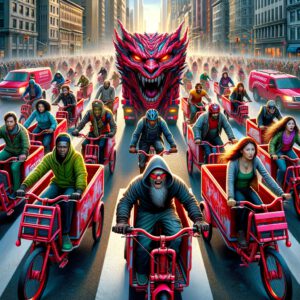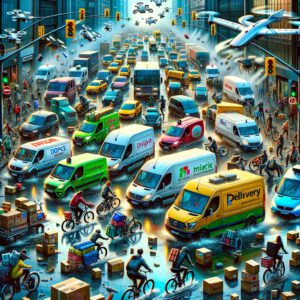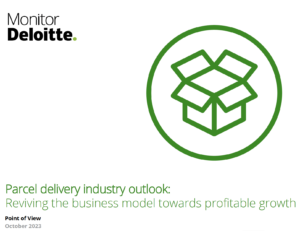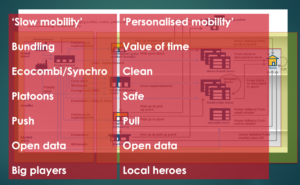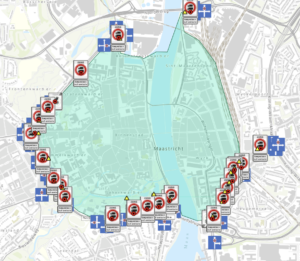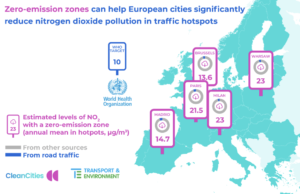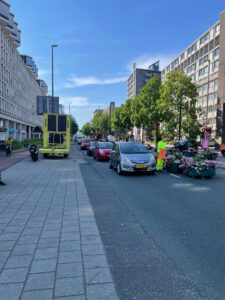Light Electric Freight Vehicles: beyond the hype

The advancements in city logistics are fostering a rise in smaller, time-sensitive deliveries. Over the past decade, the parcel market has expanded, driven by emerging business models like ship-from-store (B2C and B2B) and quick commerce. Additionally, companies are increasingly emphasizing sustainability. To tackle the challenges of quicker delivery demands, clean transportation (low/zero-emission), and limited space …

